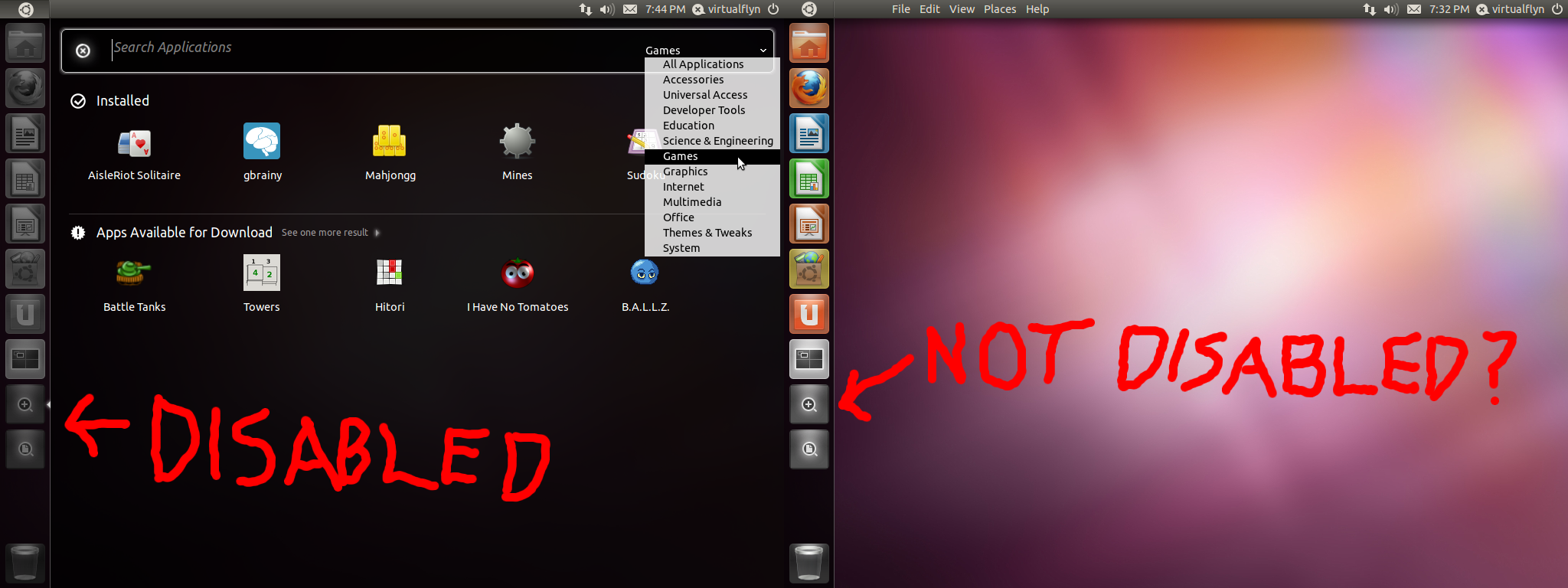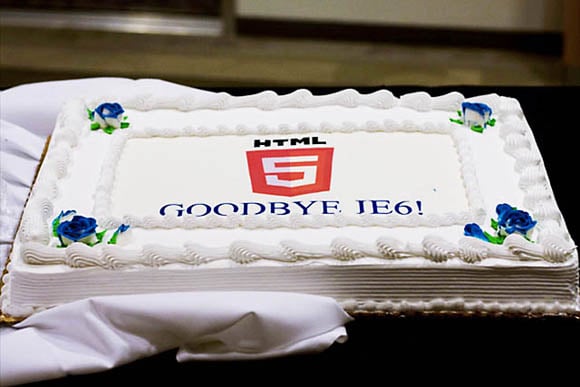 |
| Brace yourself Microsoft. It's your turn now. |
With a new Windows version coming out, 8 is of course dominating the tech blogs. I haven’t looked much myself, but I’m assuming there’s gushing praise from Microsoft fanboys and scathing remarks from the hardcore Mac and Linux fans. I really have no appetite for a string of blog posts on one product myself, but having had a look at Windows 8, there’s now one extra thing that’s grabbed my attention other than the Windows Store, and that’s the Metro Interface (it’s now called the “Modern UI” due to a copyright row, but everyone’s still calling it Metro). I promise to move on to something else next time.
This new interface has grabbed a lot of attention, and not all of it’s good. Microsoft’s incentive is to make Windows 8 more friendly to tablet users where they desperately want to compete with Apple and Android, but they risk alienating their desktop customers. I have now tried out their interface and I can confirm it’s a right pain in the bum to operate with a mouse compared to the Start menu it replaced. I can see this being good for touchscreens, but there’s no sign touchscreens are going to replace keyboard, mouse and monitor in the office. Usability is a major issue for mass consumer software, and from the sound of some commentators you’d think this was Windows suicide.



